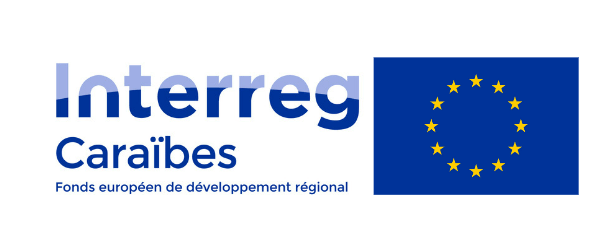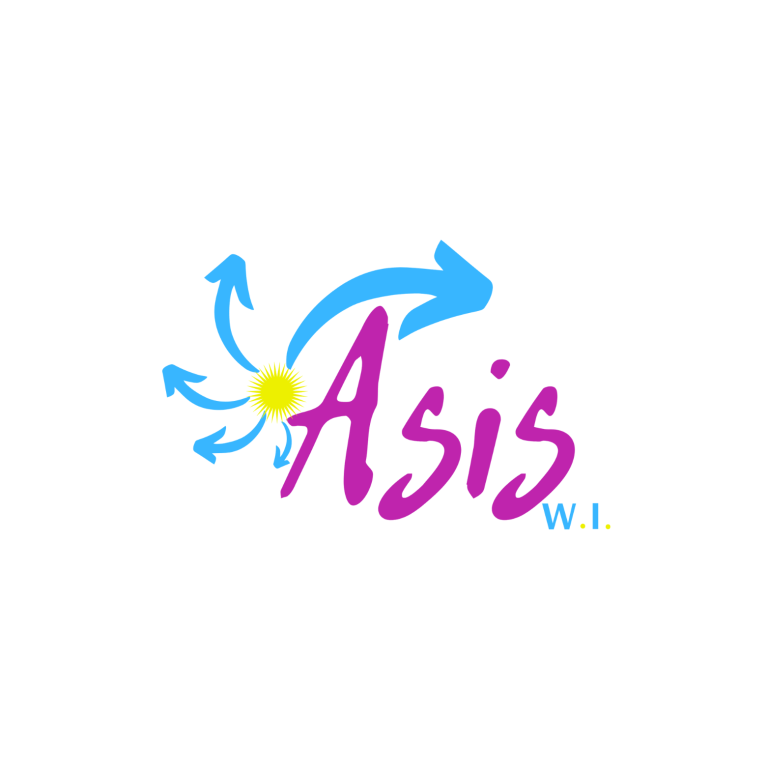The Caribbean’s educational landscape is set to undergo a profound transformation with the announcement of the establishment of the first digital school in the Caribbean, set to launch in Guyana in 2024. This initiative, championed by President Dr. Mohamed Irfaan Ali and Education Minister Priya Manickchand, aims to create a modern and technologically advanced learning environment, essential for training future leaders of the nation and the region.
A Vision for a Digital Economy
The decision to create a digital school aligns with the Guyanese government’s vision of developing a modern digital economy. As the world increasingly embraces technological solutions, it is imperative for the educational system to adapt in order to prepare students for the challenges and opportunities of the digital age.
Minister Manickchand emphasized during an appearance on “The Guyana Dialogue” that the COVID-19 pandemic highlighted the necessity of integrating technology into education. While the physical presence of a teacher remains vital, it is equally crucial to explore hybrid teaching methods that combine in-person learning with technological tools to enhance the experience in the digital school setting.
The Integration of Artificial Intelligence
One of the most innovative aspects of this digital school will be the integration of artificial intelligence (AI) into the educational process. This approach will not only enhance students’ learning experiences but also tailor educational content to individual needs. AI-based technologies can provide real-time feedback to students, which is essential for maintaining optimal engagement and fostering a deeper understanding of the subjects studied within the digital school framework.
A Legal Framework for Digital Education
For this ambitious project to take shape, it will be necessary to establish legislation that allows students to choose between in-person and digital learning. This represents a significant shift in the way education is currently delivered in Guyana, and it could also serve as a model for other Caribbean countries. By offering this flexibility, the Guyanese government ensures that every student, regardless of their background, can access quality education through the digital school.
An International Partnership
The development of this digital school will be in collaboration with a company based in India, specializing in the creation of educational platforms. This international partnership demonstrates Guyana’s commitment to integrating into the global digital education market. In addition to access to educational resources, this school will focus on developing entrepreneurial skills, promoting cultural education, and offering programs in electronic nursing and accounting, all within the digital school curriculum.
An Opportunity for CARICOM
The initiative is not limited to Guyana; it will be accessible to students from other CARICOM member states. This represents a significant advancement for regional education, providing Caribbean youth with the opportunity to access high-quality education, regardless of their geographical location. In this sense, the digital school could become a model of inclusive education for the region.
Existing Digital Initiatives
The Guyanese government is not new to digital education. The recently launched One Guyana Digital Initiative aims to train over 2,000 Guyanese for promising careers in the technology sector. This program demonstrates that digital education is already a national priority, and the digital school will further strengthen these efforts.
Additionally, the 150k Coders Initiative aims to prepare Guyanese to seize opportunities in the ever-evolving technological world. Through these initiatives, Guyana strives to create an environment conducive to innovation and entrepreneurship, equipping its citizens with the skills necessary to succeed in an increasingly digital world and contributing to the success of the digital school.

Access to Online Courses
Another important aspect of Guyana’s educational project is the Guyana-Coursera platform, which provides 400,000 Guyanese with free access to over 6,000 courses. This initiative, costing $1.4 million annually, demonstrates the government’s commitment to making education accessible to all, especially in a context where continuous training is essential for competitiveness in the job market. The digital school will also leverage such platforms to enhance learning opportunities.
The establishment of the first digital school in the Caribbean in Guyana marks the beginning of a new era for education in the region. With the integration of artificial intelligence, flexible learning options, and expanded access to educational resources, this initiative has the potential to transform how Caribbean youth acquire knowledge and skills. By leveraging international partnerships and existing local initiatives, Guyana positions itself as a leader in the field of digital education, paving the way for a generation of future leaders ready to tackle the challenges of the 21st century.






































